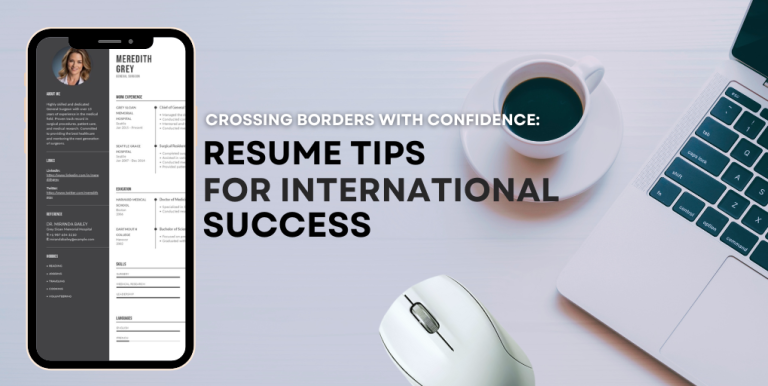Networking establishes and preserves connections with other professionals to share opportunities, support, and knowledge. Building a network that supports your professional growth involves connecting with individuals in relevant fields or your industry. Establishing these relationships can open doors to new opportunities and valuable insights. Explore these seven strategies for expanding your network and using it to advance your career.
1. Have Direct Conversations
Meeting in person is one of the finest methods to build enduring relationships. Face-to-face interactions encourage more authentic dialogue and the growth of trust. Good communication is an excellent way to network and establish relationships since it fosters genuine relationships, nonverbal cues, and personal engagement. Making the effort to engage in face-to-face communication can significantly enhance your networking experience.
2. Practice Patience and Prioritize Your Time
The ability to be patient is beneficial in both personal and professional contexts. It enables you to overcome professional barriers, create and meet realistic goals, and work well with colleagues. You may realize the importance of this crucial life skill in all areas by learning how to build patience and realizing its advantages. Accepting patience can result in more fruitful conversations and increased achievement in general, both in the workplace and in personal life.
3. Embrace your fear
In the context of a job, “face your fear” refers to facing and resolving any fears or concerns you may have regarding your workplace or the obstacles of your profession. This could entail overcoming anxieties like speaking in front of an audience, achieving deadlines, accepting new tasks, or communicating with coworkers. By overcoming these anxieties, you can increase your self-assurance, perform better, and create new avenues for professional development. It’s about proactively overcoming rather than avoiding challenges.
4. Offer Assistance
Offering to assist your connections will help you build stronger ties with them and increase your chances of landing a job. You can demonstrate your initiative and sincere interest in their business by offering to help them with initiatives or take on small chores. Furthermore, extending assistance demonstrates to your connections how you use your abilities. By doing so, they will be better able to understand your work habits and competencies and be able to recommend you to others.
6. Interpersonal Development
Be likable and approachable first. Be genuinely interested in developing deep relationships with your coworkers. Attend to their thoughts and worries. Active listening is a crucial way to show respect and understanding. Spend some time getting to know the hobbies and experiences of your coworkers. This endeavor cultivates enduring ties in addition to professional ones. Be genuinely curious about their lives. Developing these interpersonal ties will strengthen your professional relationships and foster a positive work atmosphere.
7. Follow Up
Once you’ve established contact, reach out to new people. Staying in touch can help you differentiate yourself from other applicants and show that you are interested in the role. Maintaining these exchanges helps to build trust, reminds the contact of your meeting, and may even make them consider you for a future opportunity. Establishing trust through consistent follow-ups shows dependability and dedication. Expressing gratitude for your meeting, posing additional queries, or providing an article that relates to your discussion are some examples of this follow-up activity.





